Retro Replay Review
Gameplay
Little Kings combines the broad strokes of managerial simulation with the tension-filled strategy of classic Risk, delivering a gameplay loop that feels both familiar and refreshingly new. You start each match by choosing one of seven distinct nations, each offering unique strengths and weaknesses—some boast a robust economy while others field formidable armies. Managing tax revenue becomes a constant balancing act: reinvest too heavily in your military and risk starving your infrastructure, or hoard resources and leave your borders ripe for invasion.
(HEY YOU!! We hope you enjoy! We try not to run ads. So basically, this is a very expensive hobby running this site. Please consider joining us for updates, forums, and more. Network w/ us to make some cash or friends while retro gaming, and you can win some free retro games for posting. Okay, carry on 👍)
Victories in Little Kings hinge on two different win conditions: a fixed objective that aims to eliminate all holdings of at least one rival player, or a randomized goal such as accumulating a specific amount of natural resources. This dual-win structure forces you to adapt on the fly, pivoting between aggressive expansion and savvy economic play depending on your randomly assigned target. No two matches ever feel the same, and strategies that prevail under one condition can crumble under another.
The combat system echoes the board‐game thrills of Risk but adds an extra layer of uncertainty by hiding your opponent’s troop strength until after you commit to an attack. Armies move from border to border, and once engaged, the computer simulates the outcome in seconds—no pre-battle scouting, no second chances. This “fog of war” mechanic elevates every decision, making even small skirmishes pulse with risk and reward. Negotiations and resource trades with other players further deepen the strategic tapestry, as alliances can shift and betrayals often prove decisive.
Graphics
At first glance, Little Kings’ visual presentation is deceptively simple, opting for a stylized aesthetic that prioritizes clarity over photorealism. The world map is richly colored with each nation’s territory clearly delineated by vibrant borders and unique heraldry. Animated troop icons march confidently across the pixelated landscape, capturing the spirit of a living, breathing realm without overwhelming your senses.
The user interface strikes an excellent balance between accessibility and depth. Tax sliders, resource ledgers, and army rosters are all laid out in crisp panels that never feel cluttered, even during the heat of diplomatic dealings or full-scale invasions. Tooltips and contextual help pop up right when you need them, ensuring newcomers to the genre can get up to speed quickly while veterans can dive straight into advanced tactics.
Subtle ambient animations—swaying flags, rolling clouds, shimmering rivers—imbue the world with a sense of continuity, reminding you that your decisions have long-term consequences. Victory fanfares and defeat animations are restrained but satisfying, delivering just enough flair to keep morale high without stalling the pace of play. Overall, the graphics serve the game’s strategic ambitions perfectly, focusing on readability and atmosphere rather than flashy spectacle.
Story
Little Kings doesn’t lean on a heavy narrative campaign; instead, it offers a framework of lore that sets the stage for emergent stories created by your own conquests and rivalries. The seven nations each come with a brief backstory—some ascend from desert kingdoms with hardened desert tribes, others reign over fertile valleys with centuries of trade behind them. These vignettes ignite your imagination and give context to your diplomatic actions and battlefield maneuvers.
As each match unfolds, the narrative grows organically through alliances formed, betrayals executed, and surprise victories snatched from the jaws of defeat. One memorable session might see you forging a defensive pact only to turn on your ally after securing the random resource objective, a twist of fate that feels earned rather than contrived. In every game, the personalities of the AI opponents—or other players in multiplayer—shine through their decision-making quirks, from overly cautious tax collectors to berserker champs who charge headfirst into battle.
The minimalist approach to storytelling ensures that your own strategic exploits become the true heroes of Little Kings. Whether you’re chronicling a long campaign of economic dominion or retelling the tale of a last-second conquest, the game’s flexible narrative backdrop provides plenty of dramatic tension and replay value without bogging you down in cutscenes or scripted sequences.
Overall Experience
Little Kings delivers a remarkably balanced blend of strategic management and tactical warfare, offering both bite-sized skirmishes and extended campaigns depending on your preferences. The hidden enemy strength mechanic, combined with dual win conditions, keeps the stakes perpetually high and the strategies dynamic. You’ll find yourself torn between shoring up your borders, investing in your economy, and taking calculated risks that can pay off handsomely—or spectacularly backfire.
The learning curve is gentle yet rewarding: newcomers can quickly grasp the basics of taxation, trade, and combat, while seasoned strategists will appreciate the depth hiding beneath the surface. Multiplayer matches heighten the tension even further, as human opponents can read your diplomatic signals and exploit your patterns in ways that AI never quite matches. Cooperative or free-for-all modes further expand replayability, ensuring each session feels like a fresh challenge.
Ultimately, Little Kings is a triumph for fans of strategic depth and replayability. Its approachable interface, coupled with emergent storytelling and unpredictable battles, makes it a standout title in the niche of simulation-meets-wargame. Whether you’re plotting elaborate economic empires or leading daring military campaigns, Little Kings provides a compelling sandbox for your inner ruler to flourish. Highly recommended for anyone craving a dynamic strategy game that rewards both cunning diplomacy and bold conquest.
 Retro Replay Retro Replay gaming reviews, news, emulation, geek stuff and more!
Retro Replay Retro Replay gaming reviews, news, emulation, geek stuff and more!
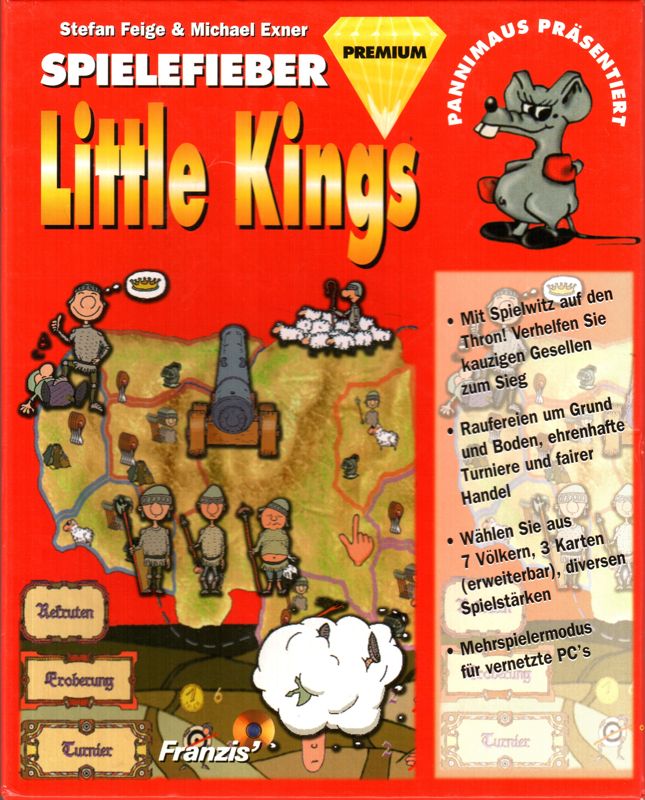
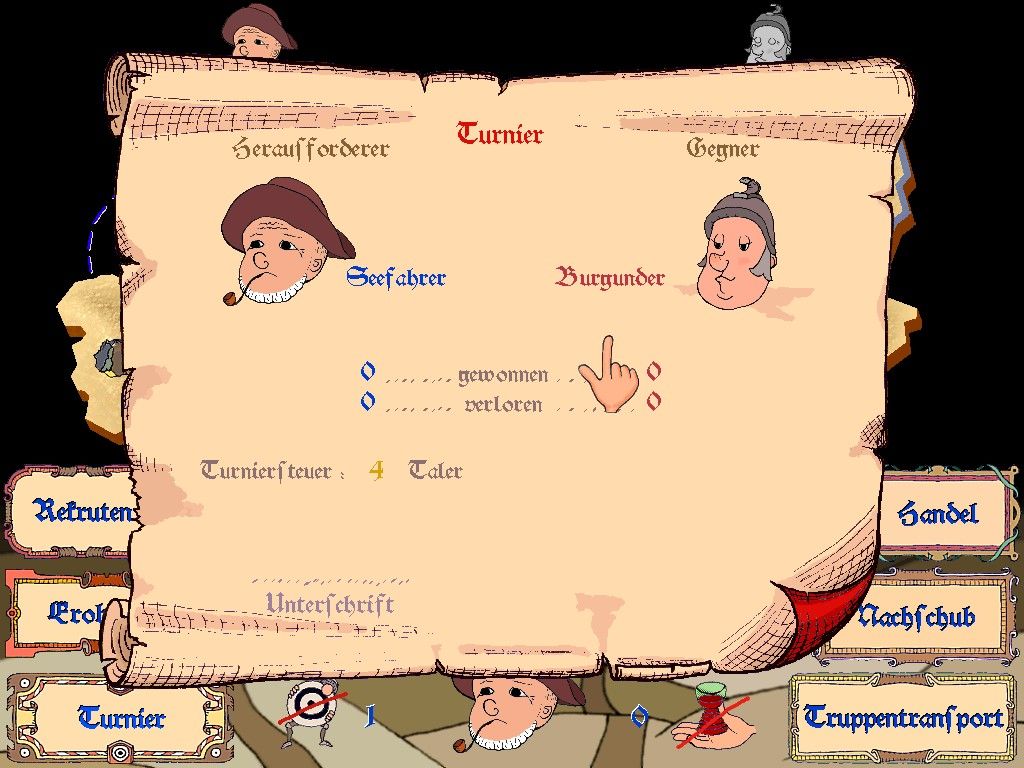
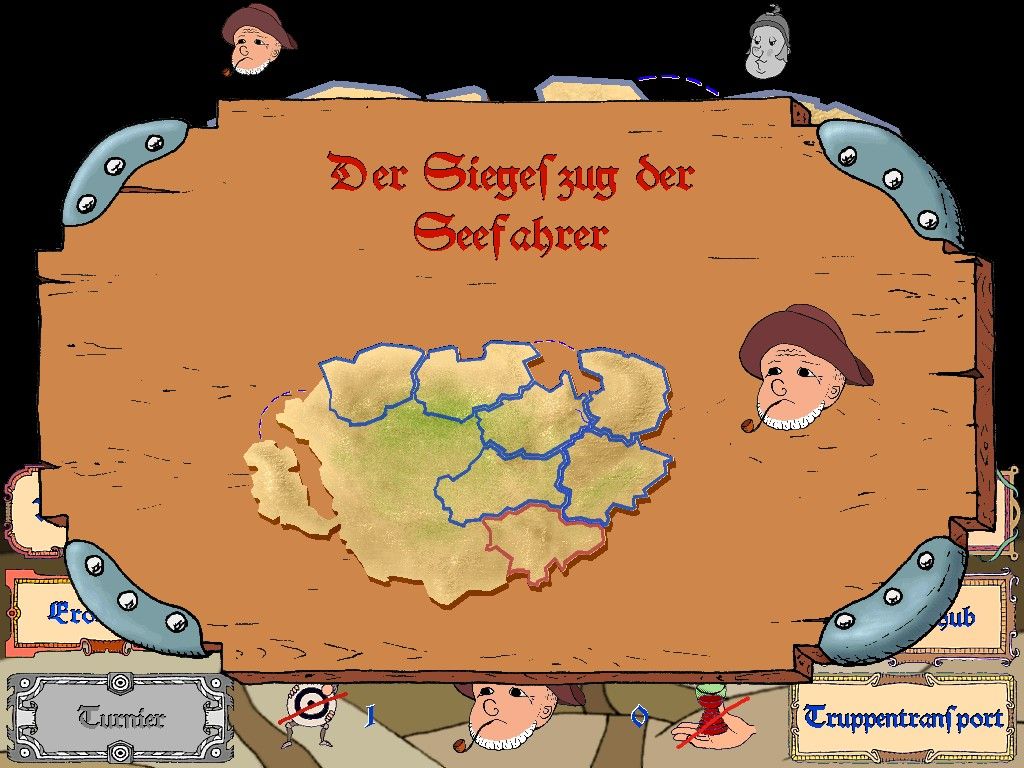
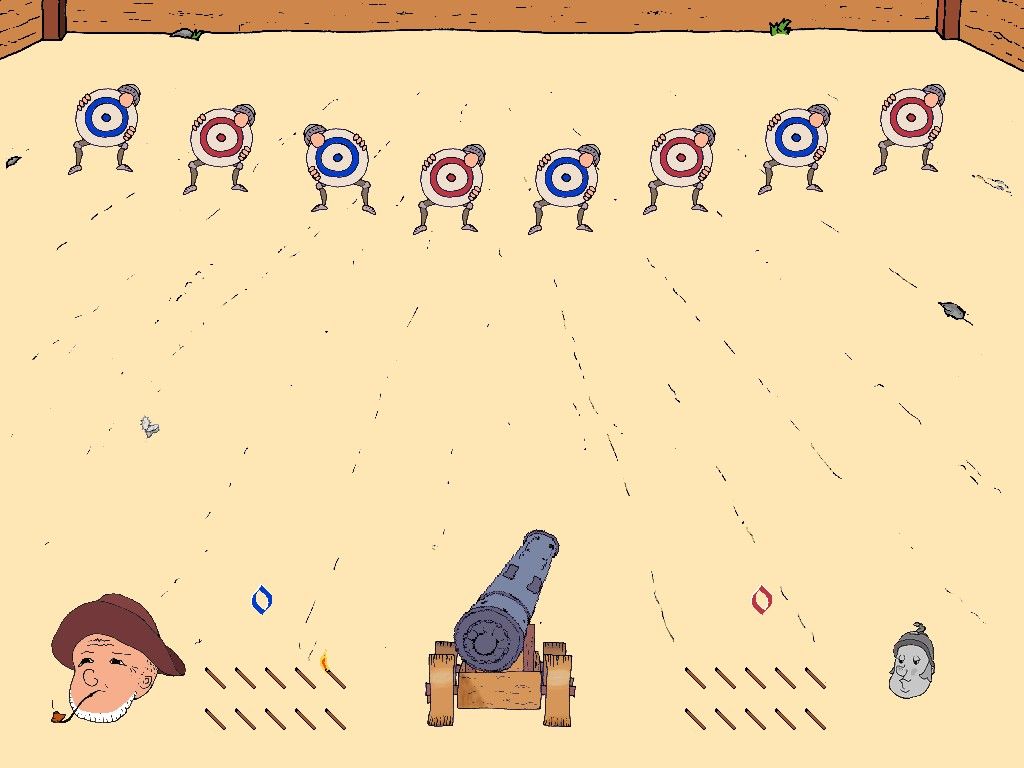
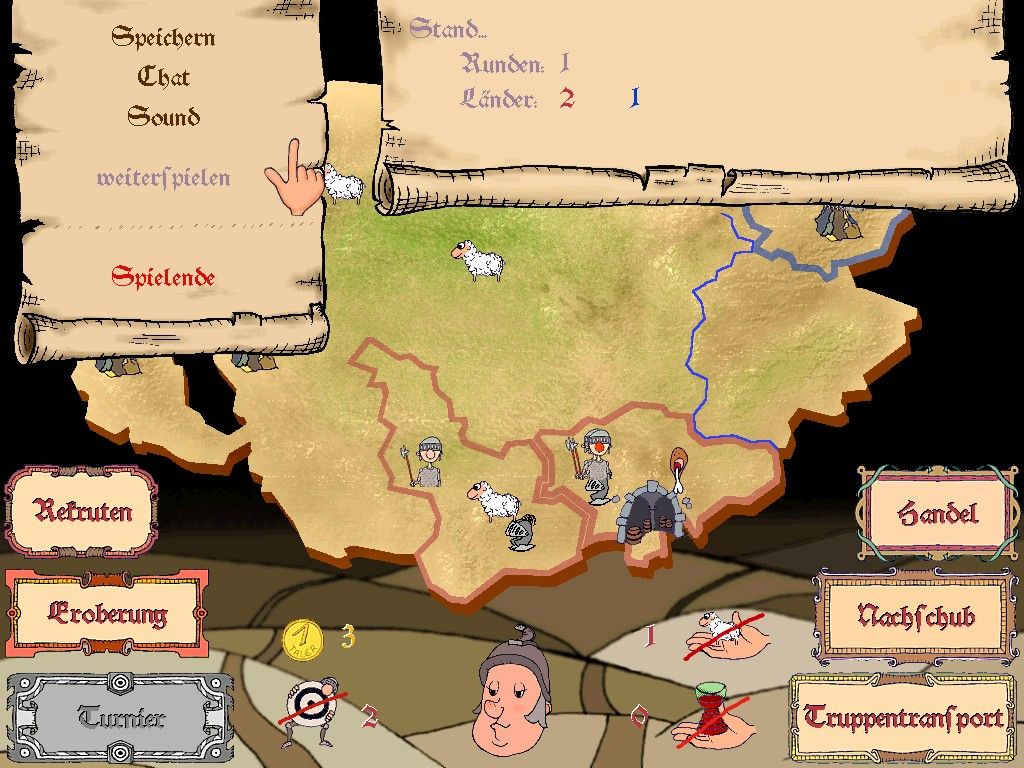
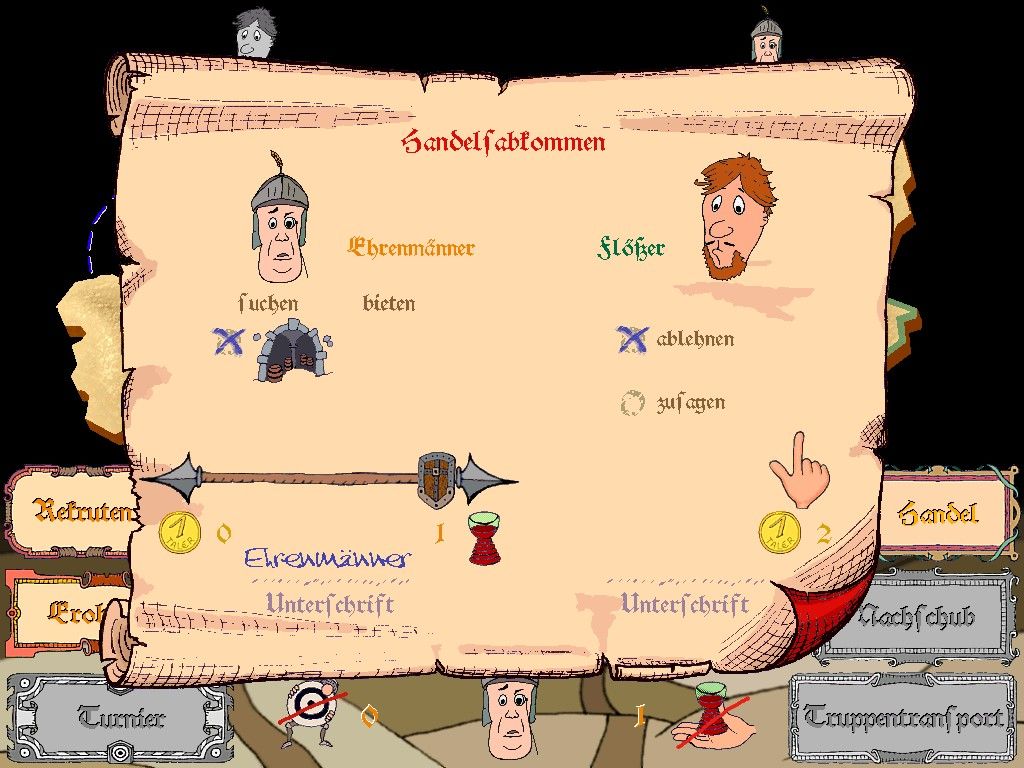
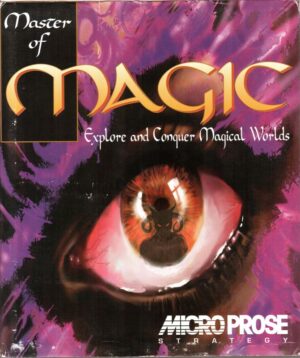


Reviews
There are no reviews yet.